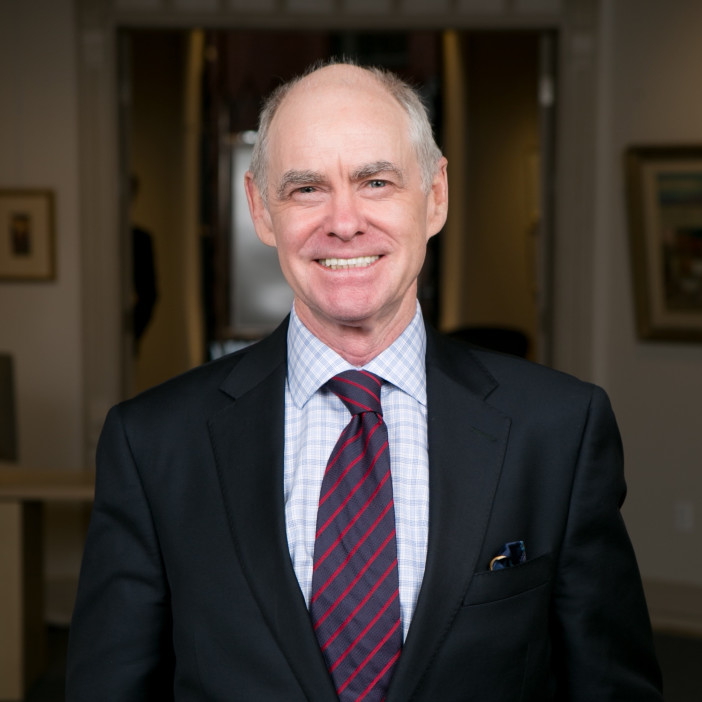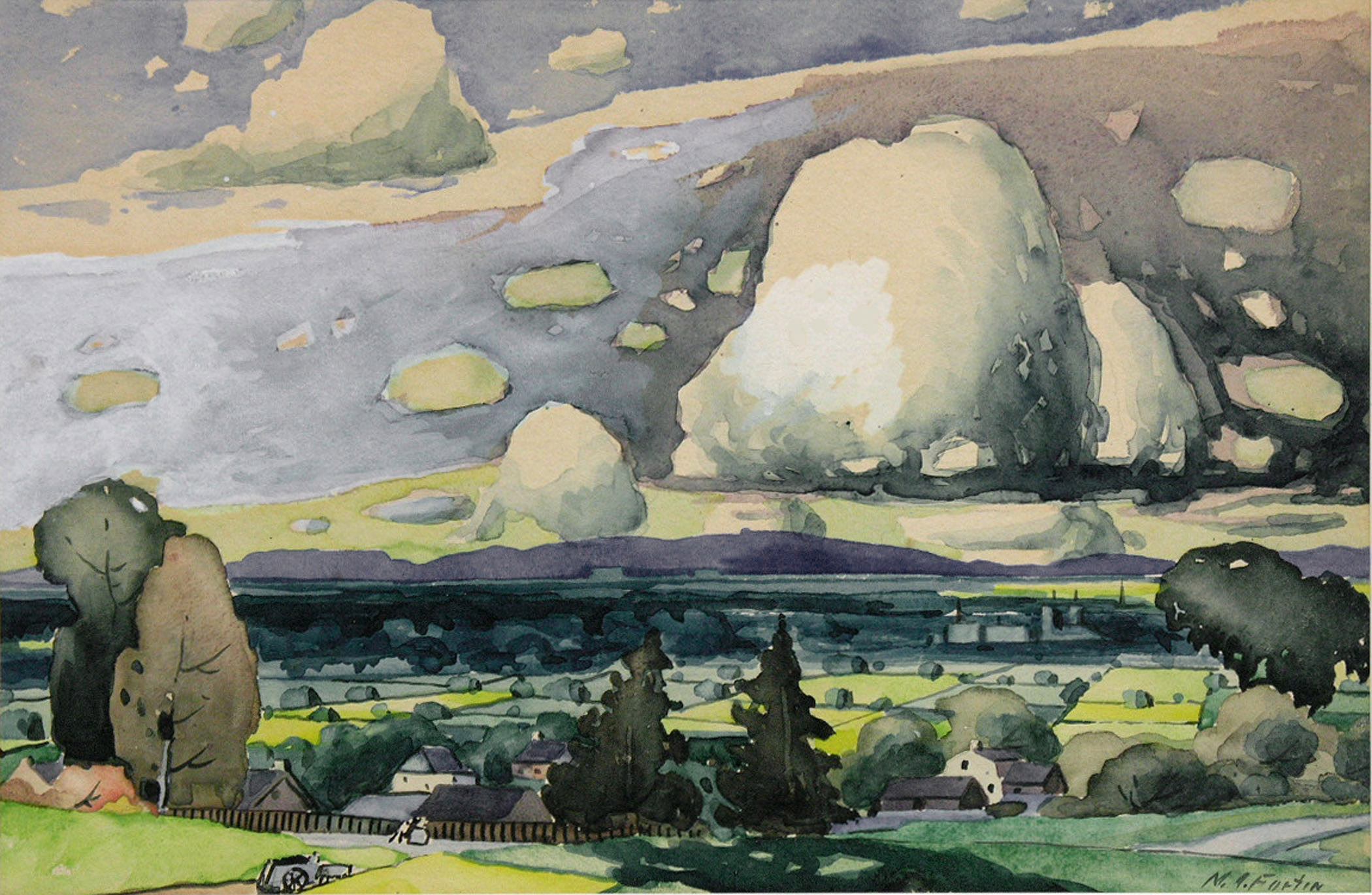The Art of Expertise
The expansion of the Canadian art market comes with more risks for buyers
It is my opinion that a gallery which provides a genuine and market respected expertise is a gallery that serious collectors should pursue to assist in the vetting of their art collection. The only obvious alternatives that comes to mind as I write these musings is that if the venue where one is buying does not have the requisite expertise, it should acquire the expertise and have it accompany one’s purchase.
I recently read "Observations Of The Art Market Over The Last 25 Years", an outstanding survey commissioned by TEFAF (better known perhaps as the Maastricht Art Fair) and compiled and analyzed by the celebrated Ireland based art economist Dr. Claire McAndrew. I took particular note of one of her numerous significant observations, that being the extraordinary expansion of the market for fine art internationally. She also makes an observation that is of enormous importance for the protection of art buyers and the market, which is that because of this proliferation of the market there is a proportionate proliferation of venues selling fine art, leading to an increasing need for expertise to protect the consumer and the marketplace.
In the international market, it is increasingly commonplace that the vendor of a work of art is obliged to solicit an expertise from one or sometimes more than one living expert paying a retainer or professional fee to the expert(s) even before the work of art is inspected. It is preferable for the expert to insist on a payment before looking at the property if only because then he/she has no particular interest beyond professionalism to make his or her judgment. (I can tell you that it is much easier to get payment from a client who is delighted that one has for instance “accepted” their work as authentic than it is to get payment from someone whose property one has rejected!)
Back in April of 1996 writing in the publication Art & Auction, my all time favourite art writer, Souren Melikian, implies the premium value of the foremost art dealers who he recognized as “connoisseurs". “Experts such as these combine the knowledge of the serious art historian and the unmatched visual experience of those who have been buying all their lives, risking money each time they make a judgement - nothing is quite as effective in helping to focus the mind..." I can only speculate that the market for Canadian art in its various forms has expanded maybe even in a similar proportion as the international marketplace on a percentage growth basis.
Over the last decade the expansion has accelerated with the benefit of Internet exposure with some galleries even existing in cyberspace but which may not actually have a physical exhibition space. What this means is that there can be a significant number of venues, galleries, virtual galleries, and auction houses selling in good faith works of art purported to be by important artists at competitive prices, but without themselves the expertise to endorse the authenticity of the works they sell. They would choose to refer to or defer to the provenance of other reputable and reliable art galleries which have previously sold the work as evidenced by the labels affixed to the back, or to simply offer them without any credentials at all.
It is my opinion that to purchase a work of art from any vendor who is not offering with the work a current expertise recognized by the marketplace is a dangerous venture. Expertise is very much a connoisseurship that one may* have the ability to develop but only over an extended period of time with a basis of exposure to a body of work one knows to be authentic. Then, with continued exposure to other works by the artist or artists one's expertise evolves and presumably gains in stature. This evolution of expertise would also imply that an expertise rendered today on a work of art by the expert could be different from the same expert seeing the same work ten or fifteen years forward. Surely it is the right of an expert to change his or her mind with experience and scholarship over time! The idea I am emphasizing here is that just because a work of art was considered authentic fifty years ago and was sold with all the proper credentials does not mean in and of itself that today’s marketplace will consider it the same. “Provenance” then becomes interesting but not a guarantee.
Here in Canada, people wanting an expertise tend to be very casual in their approach and prefer to say that they would like to come by for a "quick opinion", implying that someone who has the expertise they require, presumably an expertise cultivated over a lengthy period of time, should in many ways put his or her reputation at risk, under time pressure and do so without professional remuneration. One can well imagine that most experts would prefer to provide expertise only for the works of art they transact as opposed to policing works of art from other sources with the animosities and liabilities that one risks. *I wrote that expertise and connoisseurship “may” develop with experience, but not necessarily. There are countless veterans in any number of fields who “don’t get it”.
In a discussion with a celebrated surgeon about the notion, he recommended a reading of Blink: The Power of Thinking Without Thinking (2005) written by Malcolm Gladwell which gives certain insight in to the concept I am attempting to describe.
Add a comment




Comments
Add a comment